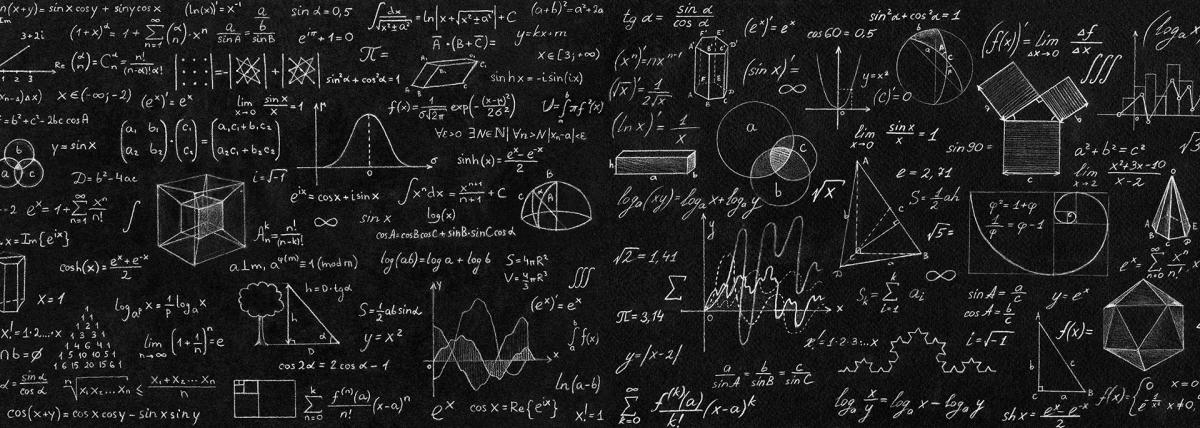
Grades:
6th Grade
Students explore the heat island effect by investigating surface temperatures around their school grounds. They will utilize various technology to conduct the investigation, as well as collect and





This lesson is a continuation of learning where we will be able to place a greenhouse on the school grounds. The students are an active part of this process. This lesson includes discovery of how much

This lesson walks students through the movement of air in the atmosphere and the energy that drives it. It contains a PowerPoint, activity, worksheet and assessment.

Students measure the temperature of water as it cools to learn about heat transfer and thermal properties while using line of best fit, linear regressions and/or quadratic regressions.

In this lesson, students will listen to a story about how crayons are made. Students will then observe the effects of temperature on matter as they make "new" crayons. This is the 2nd lesson in a
